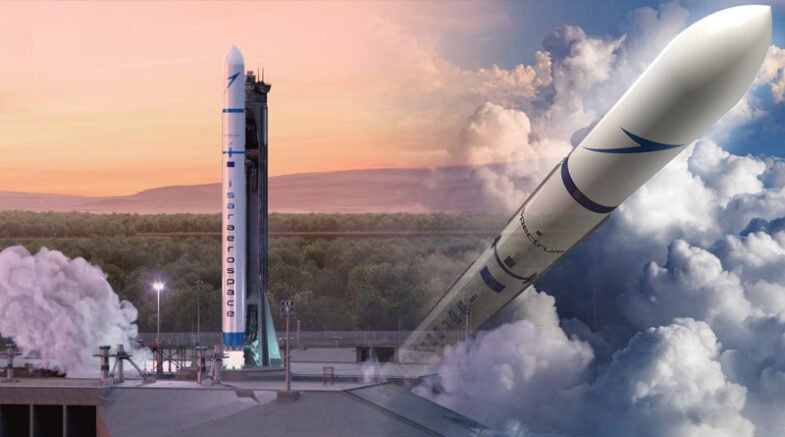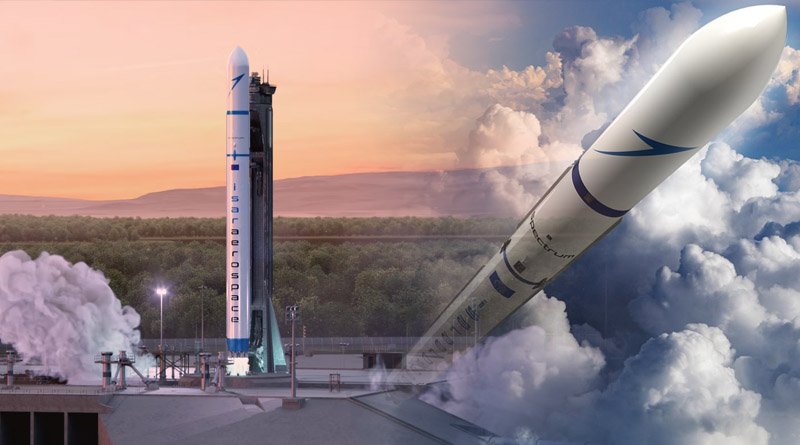Isar Aerospace, a German startup in the launch industry, has raised an additional $165 million (€155 million) as it works to launch its Spectrum small rocket later this year.

Isar Aerospace, a German startup in the launch industry, has raised an additional $165 million (€155 million) as it works to launch its Spectrum small rocket later this year. The business, which was established in 2018, is one of a few startups in Europe looking to close the launch market gap on that continent.
Only the heavy-lift Ariane 5 rocket from ArianeGroup and the Vega launch vehicle from Italian aerospace company Avio are currently in flight in Europe. But according to Daniel Metzler, CEO of Isar, European governments are beginning to recognise the geopolitical and financial benefits of sovereign launch capabilities.
“If you look at the European Union, even Germany itself, the automotive industry is given a lot of attention. According to him, there is a significant opportunity to develop a new economic pillar that has the potential to be very lucrative in the space industry.
The history of funding for Isar illustrates the growing convergence of public and private interests. Investors such as 7-Industries Holding, Bayern Kapital, Earlybird Venture Capital, HV Capital, Lakestar, Lombard Odier Investment Managers, Porsche SE, UVC Partners, and Vsquared Ventures were the lead investors in this most recent Series C round.
A portion of these funds is supported by the EU, and programmes run by the European Investment Fund; Isar also received a prize from the European Commission worth $11.3 million (€10 million) last year.
According to Metzler, German launch startup Isar is adopting a long-term strategy. The company’s decisions to practise fully vertical integration, automated mass manufacturing, and launch vehicle design all reflect this way of thinking.
The business is placing a bet that some investments, like vertical integration, will ultimately yield enormous returns, even if those returns are not seen for the first five or even ten vehicles.
Metzler believes that fully vertically integrated space companies can be cheaper if they know how to do it, and that scalability is key to achieving this. Isar has signed an agreement with Andøya Space for exclusive use of one of its launch pads for up to 20 years, allowing them to simplify the vehicle’s design and generate more of a buffer against supply chain issues.
The company will be flying five customer payloads on its first mission, scheduled for the second half of this year, from Andøya, Norway.
German Launch Startup, Isar has signed binding contracts for future launchers with a number of customers. These clients include both large corporations like Airbus Defence and Space and smaller startups like OroraTech, a German company that develops a system for detecting wildfires in space, and Exotrail, a French company that specialises in electric propulsion.
Spaceflight Inc., a ridesharing broker, will be Isar’s first American client for a specific mission in 2026. The company still has work to do before the initial launch; integrated stage testing is the next significant milestone, but Metzler said he’s encouraged by the development.
The company recently revealed on Twitter that it had run 124 hot fire tests of its Aquila rocket engine over a one-year period, an encouraging sign that the rocket is coming together.
Isar is one of several European startups looking to take a slice of the burgeoning European launch market, competing against Rocket Factory Augsburg, Orbex, and Skyrora.
Metzler predicts that there will only be around eight major launch players spread across the world, with three to four in the U.S., two or so in Europe, and another two in Asia. However, if divided globally by seven or eight companies, it could be a lucrative business.
